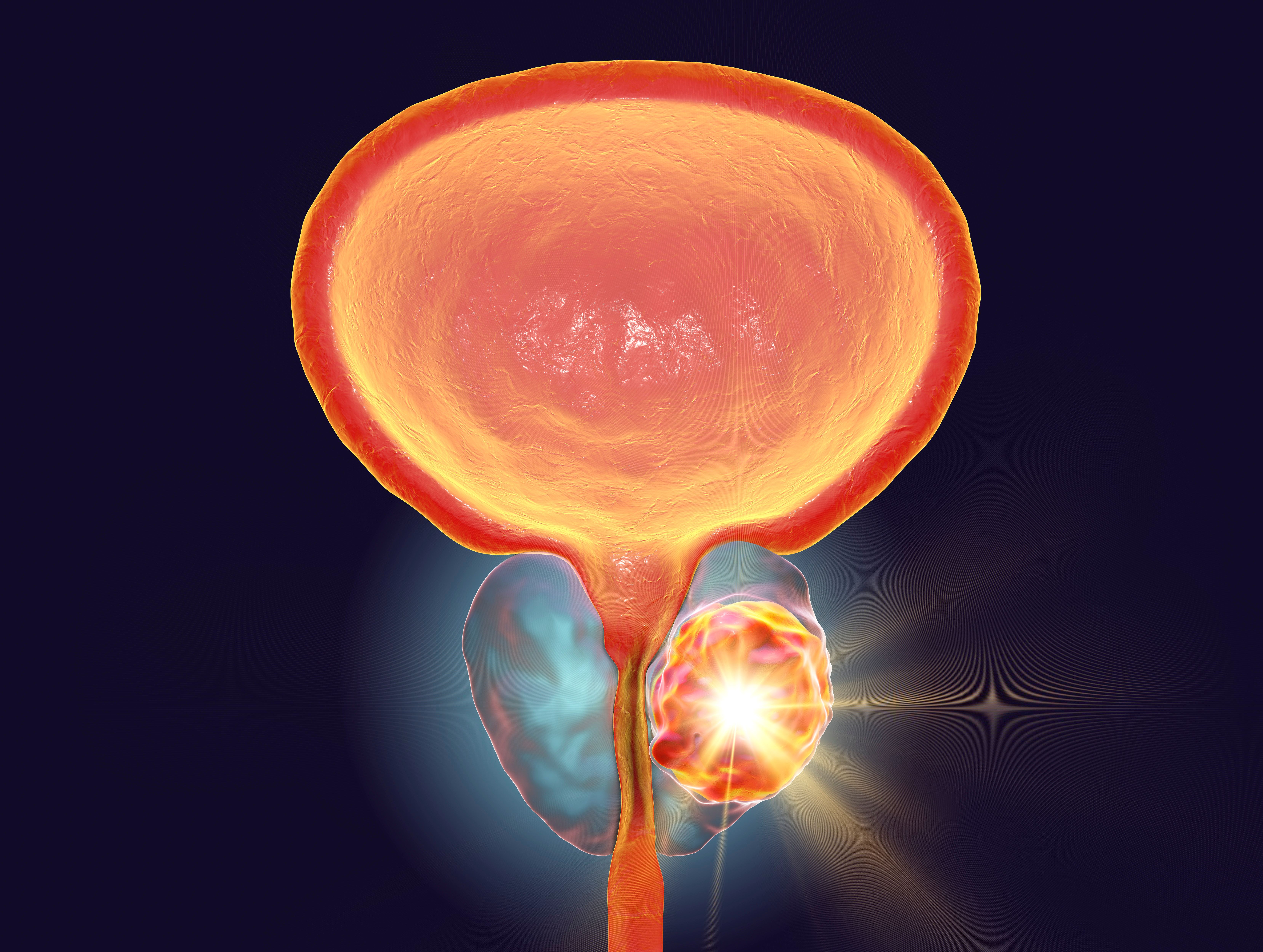Article
Study: Low Blood Phosphate Levels May Be Linked to Neurological Adverse Effects From CAR T-cell Therapy
Author(s):
These study findings may have implications for monitoring for the development of ICANS in patients receiving CAR T-cell therapies for cancer, according to the authors.
A recent study has found that incidence and severity of neurological adverse effects (AEs) from chimeric antigen receptor (CAR) T-cell therapy were higher in patients who had hypophosphatemia, or low blood phosphate levels, according to authors of a report published in Cancer Immunology Research, a journal of the American Association for Cancer Research.
The authors explained that approximately 50% of recipients of CAR T-cell therapy are impacted by neurological toxicity associated with CAR T-cell therapy, also known as immune effector cell-associated neurotoxicity syndrome (ICANS). Symptoms of ICANS include confusion, delirium, aphasia, impaired motor skills, and somnolence. In more severe cases, seizures and coma can occur.
“The treatment of ICANS is currently limited to supportive care and steroids, which are nonspecific and can have their own side effects,” said lead study author Theodore Scott Nowicki, MD, PhD, assistant professor-in-residence in the Departments of Pediatrics (Hematology/Oncology) and Microbiology, Immunology, & Molecular Genetics at the David Geffen School of Medicine, UCLA, in a press release. “Therefore, having the ability to predict the onset of ICANS would be a very helpful tool for clinicians.”
The study authors have previously analyzed a marked drop of phosphate levels in the blood of patients receiving CAR T-cell therapy in the days following the cell infusions. Further, the timing of this effect overlapped with when the patients developed ICANS, and the neurological symptoms of hypophosphatemia and ICANS are similar, according to the study authors. To assess this relationship further, the investigators looked to evaluate the connection between hypophosphatemia and ICANS incidence and the putative mechanism behind the low phosphate levels.
During the study, the research team co-cultured lymphoma cells expressing the CD19 antigen with CD19-targeted CAR T cells and found that lymphoma cell killing was associated with reduced phosphate concentrations in the culture media. Further, CAR T cells co-cultured with lymphoma cells consumed significantly more phosphate than when cultured alone.
Additionally, the increased phosphate consumption of CAR T cells correlated with their activation following CD19 antigen recognition, which is shown by increased cytokine release, and with elevated phosphate-dependent metabolic activity. These findings suggest that CAR T cell-mediated cell killing results in heightened metabolic demand that could drive hypophosphatemia in patients.
The study authors noted that they proceeded to conduct a retrospective analysis of a clinical cohort of 77 patients with B-cell malignancies treated at UCLA with CD19-targeted CAR T-cell therapy. The cohort saw 30% of the patients developed ICANS, and approximately 60% had hypophosphatemia. Further, low serum levels of potassium and magnesium were also low in 52% and 72% of the patients; however, only low phosphate was significantly associated with ICANS, with 91% of patients developing ICANS also displaying hypophosphatemia. Additionally, patients were observed to have the lowest phosphate concentrations 5 days post- CAR T cell infusion, which matched with the median time to onset of ICANS.
“While some patients who experienced hypophosphatemia did not develop ICANS, we found that the patients with ICANS consistently had more severe degrees of hypophosphatemia,” Nowicki said in a press release. “Furthermore, among patients with low phosphate levels, the severity of hypophosphatemia correlated with the severity of the ICANS that they developed.”
The study authors noted that they did not observe a significant difference in ICANS severity between patients who had hypophosphatemia and those who did not. Even with this discovery, patients with low phosphate levels experienced significantly longer duration of ICANS than patients with phosphate levels within normal range.
“With larger sample sizes or meta-analyses from other studies in the future, we may be able to detect changes in severity more sensitively,” Nowicki said in the press release.
These study findings may have implications for monitoring for the development of ICANS in patients receiving CAR T-cell therapies for cancer, according to the authors.
“Clinicians could potentially utilize serum phosphate measurements, which are regularly tested in patients receiving CAR T-cell products, to help predict when they are at greater risk for developing ICANS,” Nowicki said in the press release.
The study authors additionally noted that a key limitation of the study was the challenge of prospectively studying the causal relationship between hypophosphatemia and ICANS.
“I think this is an important future question to address,” Nowicki said in a press release. “My group is continuing to actively study this potential connection. If confirmed, it would have significant implications for how ICANS is managed in patients receiving cell therapy.”
REFERENCE
Low Blood Phosphate Levels May Be Linked to Neurological Side Effects From CAR T-cell Therapy. AACR. October 19, 2022. Accessed October 21, 2022. https://www.aacr.org/about-the-aacr/newsroom/news-releases/low-blood-phosphate-levels-may-be-linked-to-neurological-side-effects-from-car-t-cell-therapy/
Newsletter
Stay informed on drug updates, treatment guidelines, and pharmacy practice trends—subscribe to Pharmacy Times for weekly clinical insights.






